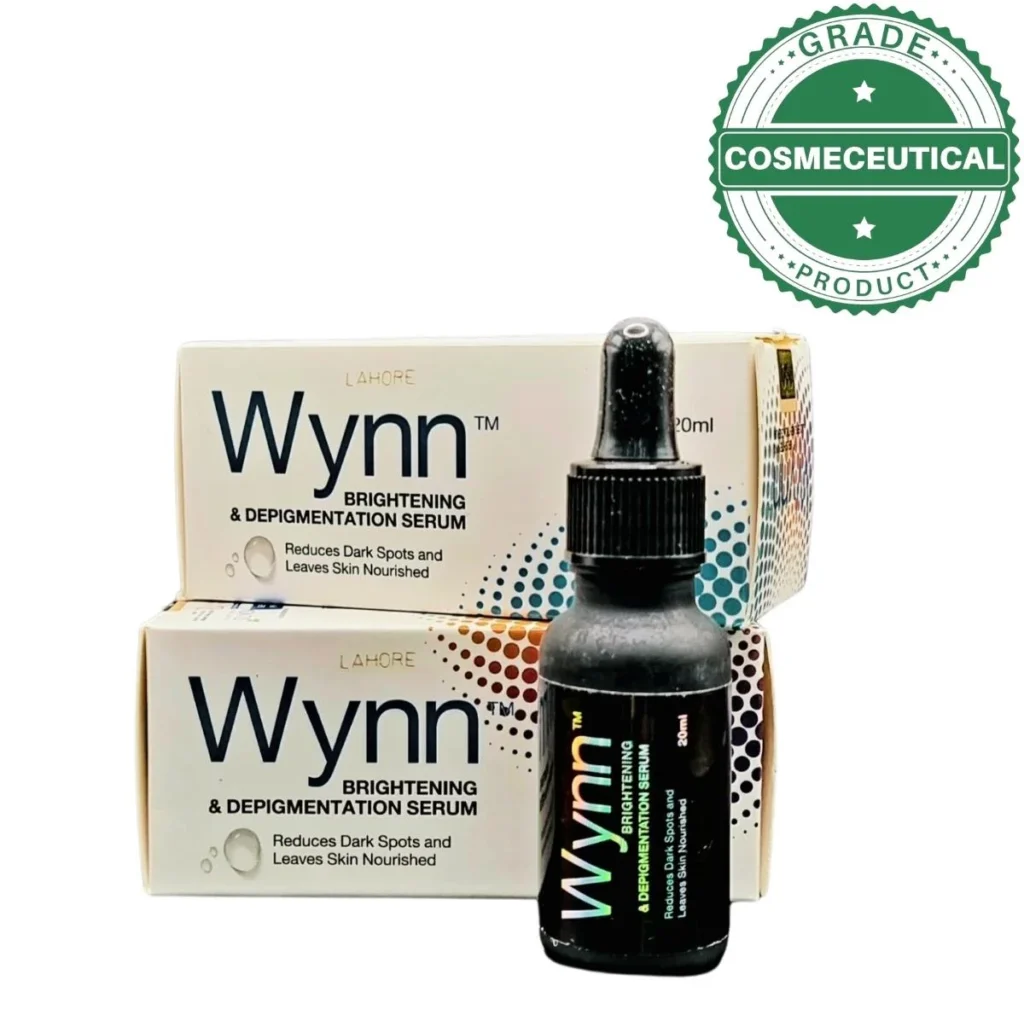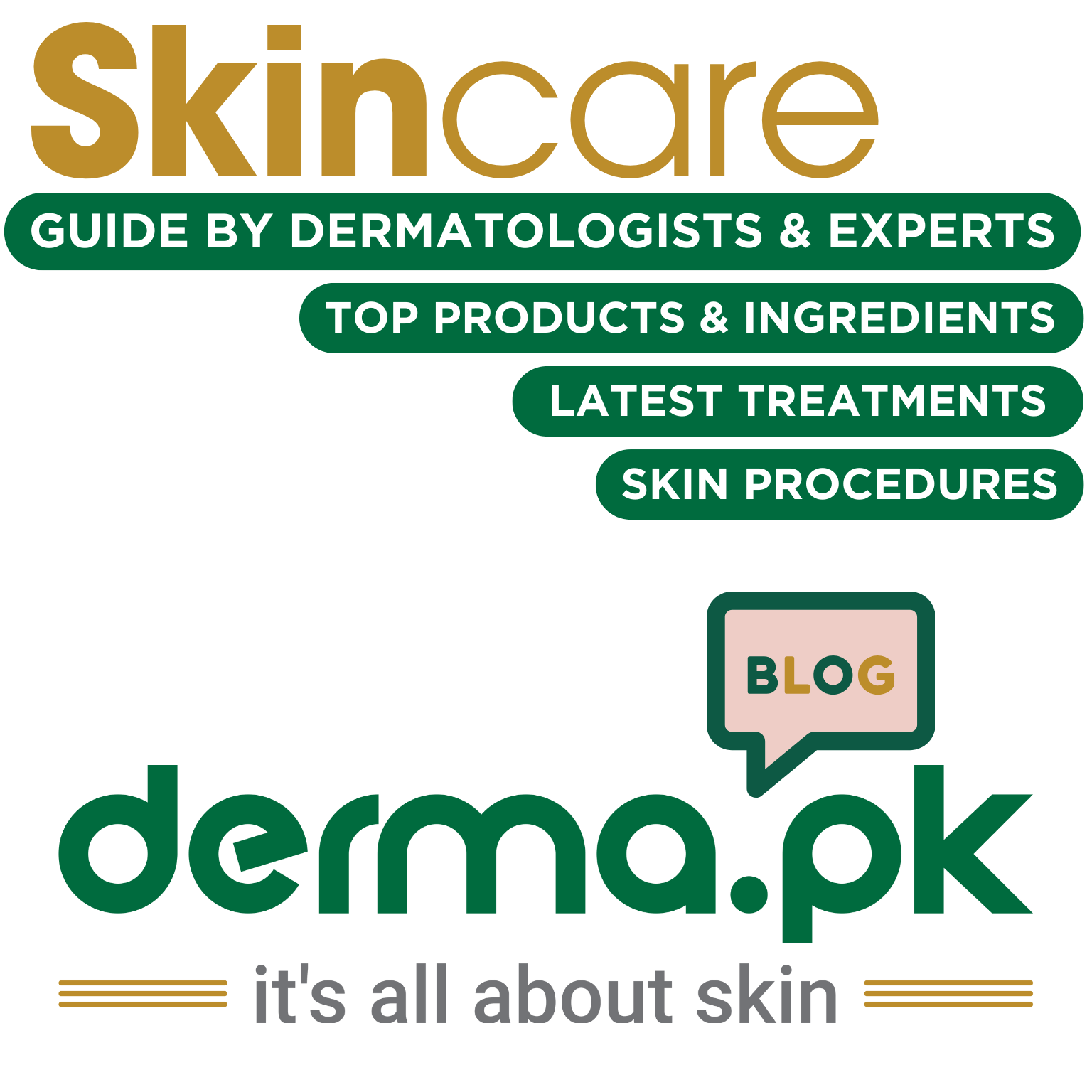As a dermatologist, I often see patients struggling with dark spots and uneven skin tone. While there’s no magic bullet for hyperpigmentation, products like Wynn Brightening & Depigmentation Serum can offer a promising solution for some individuals. Let’s delve deeper into its ingredients, potential benefits, and important considerations.

Ingredients:
Pros:
- Ferulic Acid & Vitamin C: Both are powerful antioxidants that combat free radical damage, a major contributor to hyperpigmentation.
- Alpha Arbutin: A well-regarded skin lightening agent that inhibits melanin production, potentially reducing dark spots.
- Aloe Vera Extract: Soothes and hydrates the skin, creating a favorable environment for healing.
Cons:
- Limited ingredient information: The absence of concentrations makes it difficult to assess their individual efficacy.
- Fragrance not mentioned: Fragrances can irritate sensitive skin, and their presence should be explicitly stated.
Potential Benefits:
- The combination of ingredients suggests this serum could address hyperpigmentation, improve skin tone, and offer antioxidant protection.
- Aloe vera can soothe irritation and promote healing, potentially benefiting acne-prone or sensitive skin.
Important Considerations:
- Patch testing: As mentioned, patch testing is crucial before applying any new product, especially for those with sensitive skin.
- Sun protection: Hyperpigmentation is often exacerbated by sun exposure. Using a broad-spectrum SPF 30+ sunscreen daily is essential, regardless of the serum’s claims.
- Individual results: It’s important to remember that everyone’s skin reacts differently. While some may see positive results, others may not.
- Consulting a dermatologist: For severe hyperpigmentation or underlying skin conditions, consulting a dermatologist for personalized treatment is recommended.
Overall:
Wynn Brightening & Depigmentation Serum has promising ingredients for addressing hyperpigmentation and offering antioxidant benefits. However, the lack of concentration details and potential for fragrance sensitivity necessitate caution. Patch testing and consistent sun protection are crucial. Remember, individual results may vary, and for stubborn hyperpigmentation, consulting a dermatologist is best.

